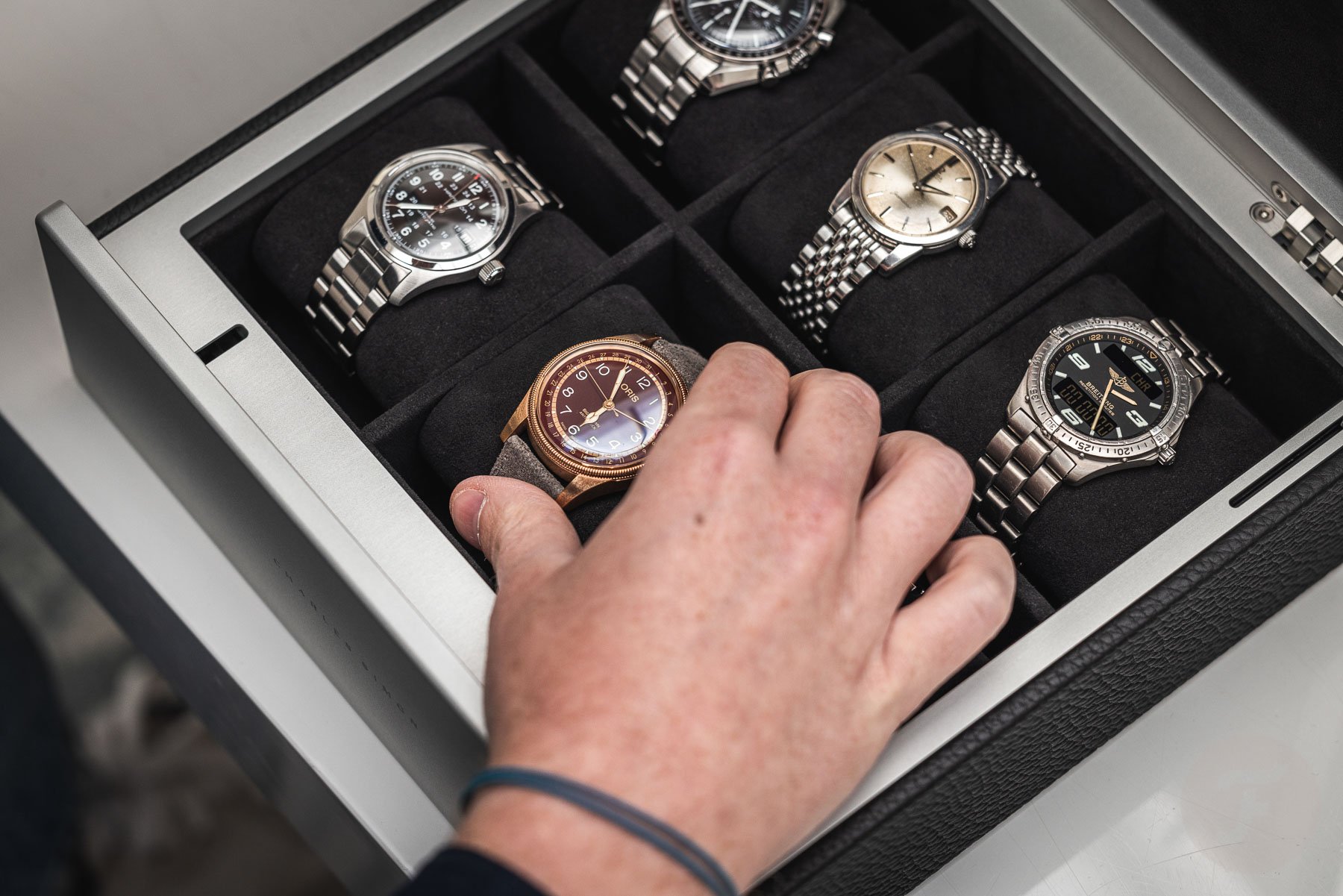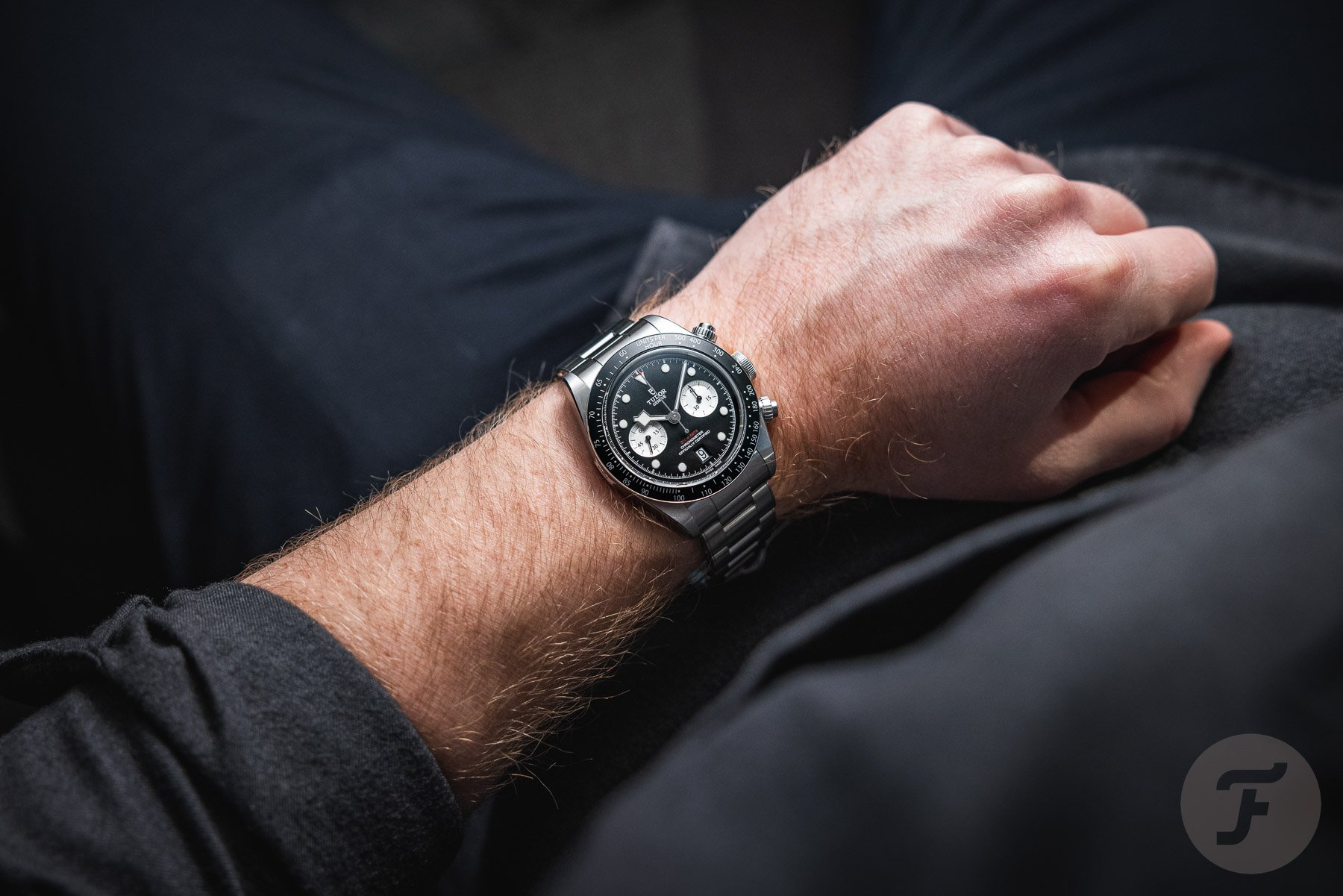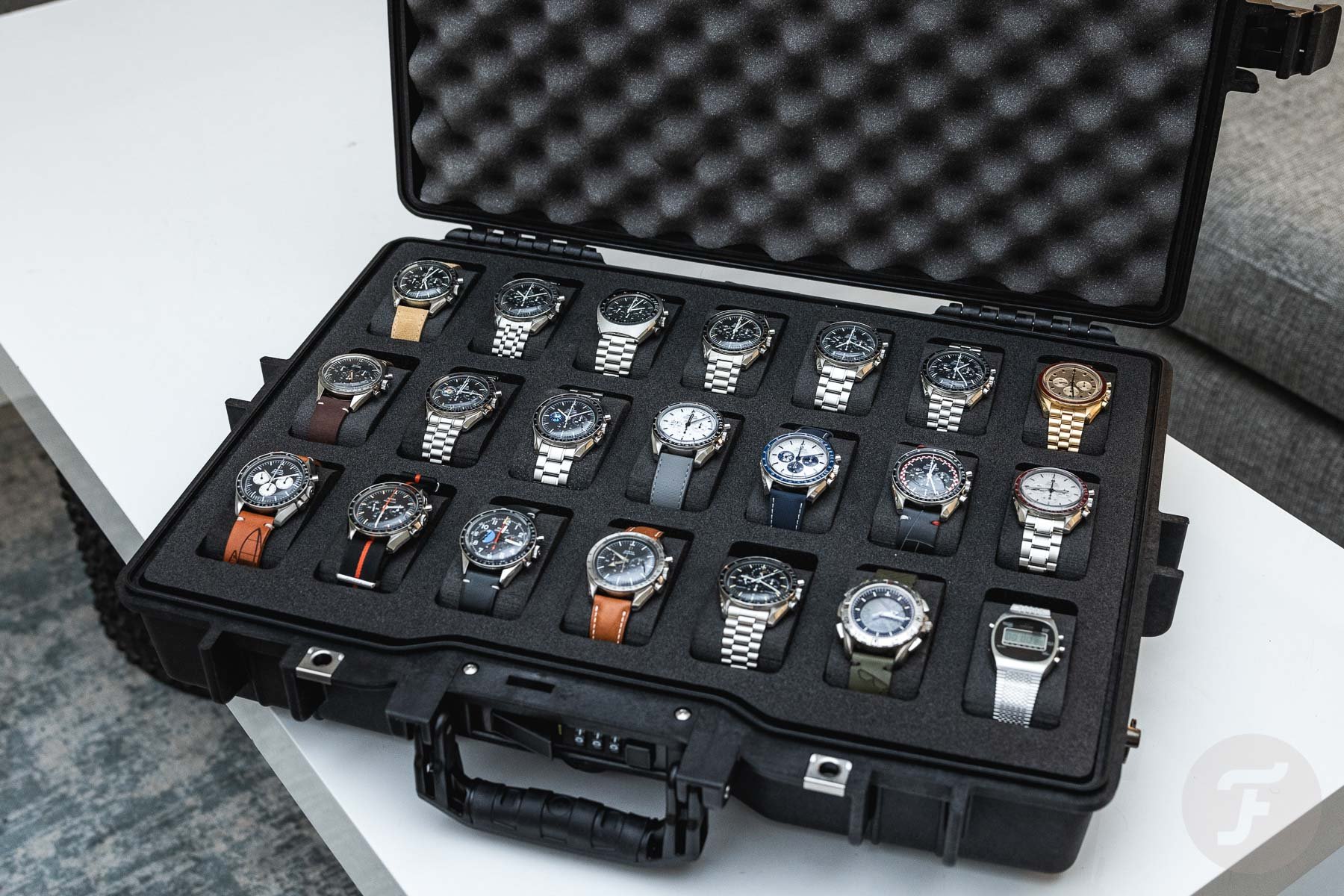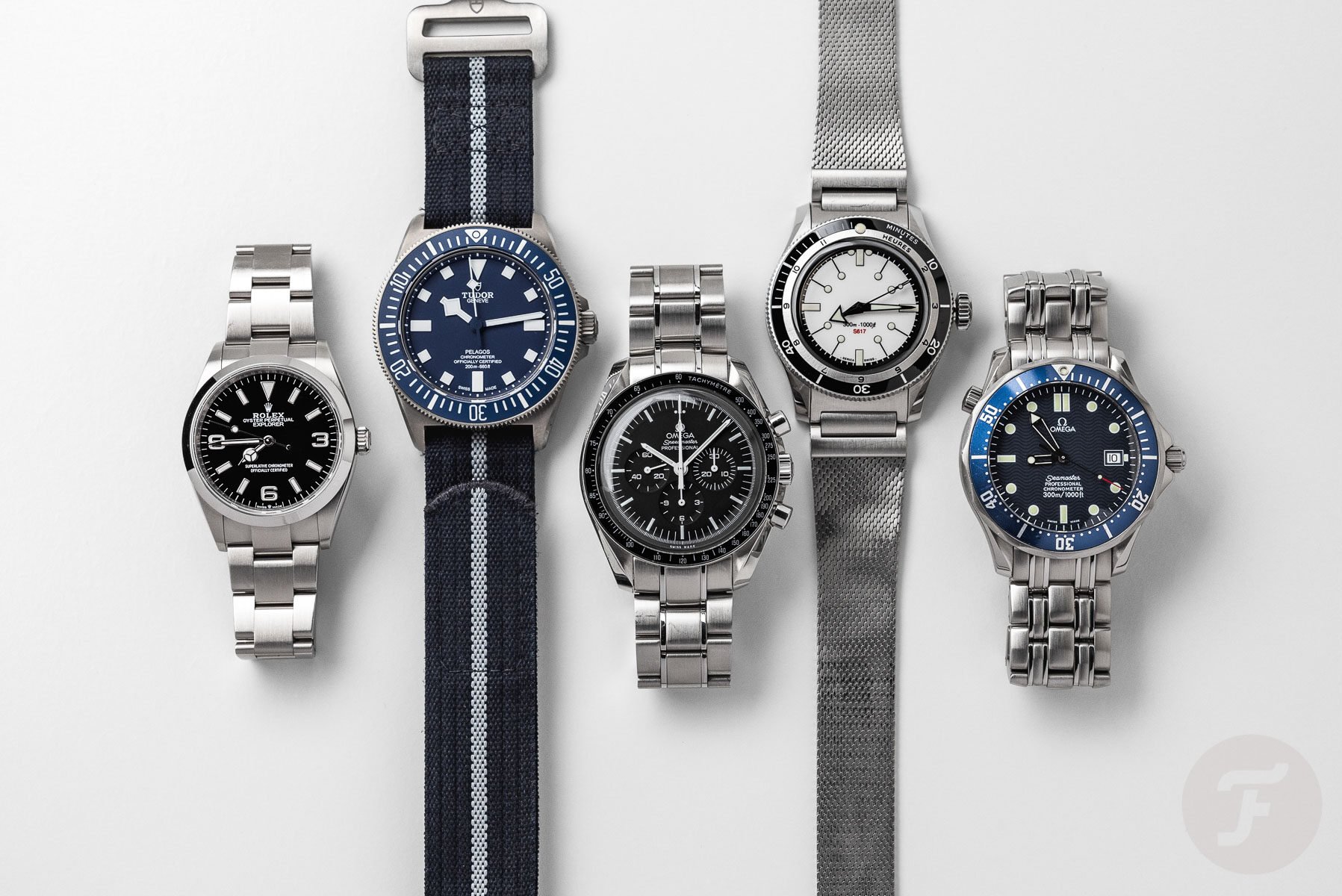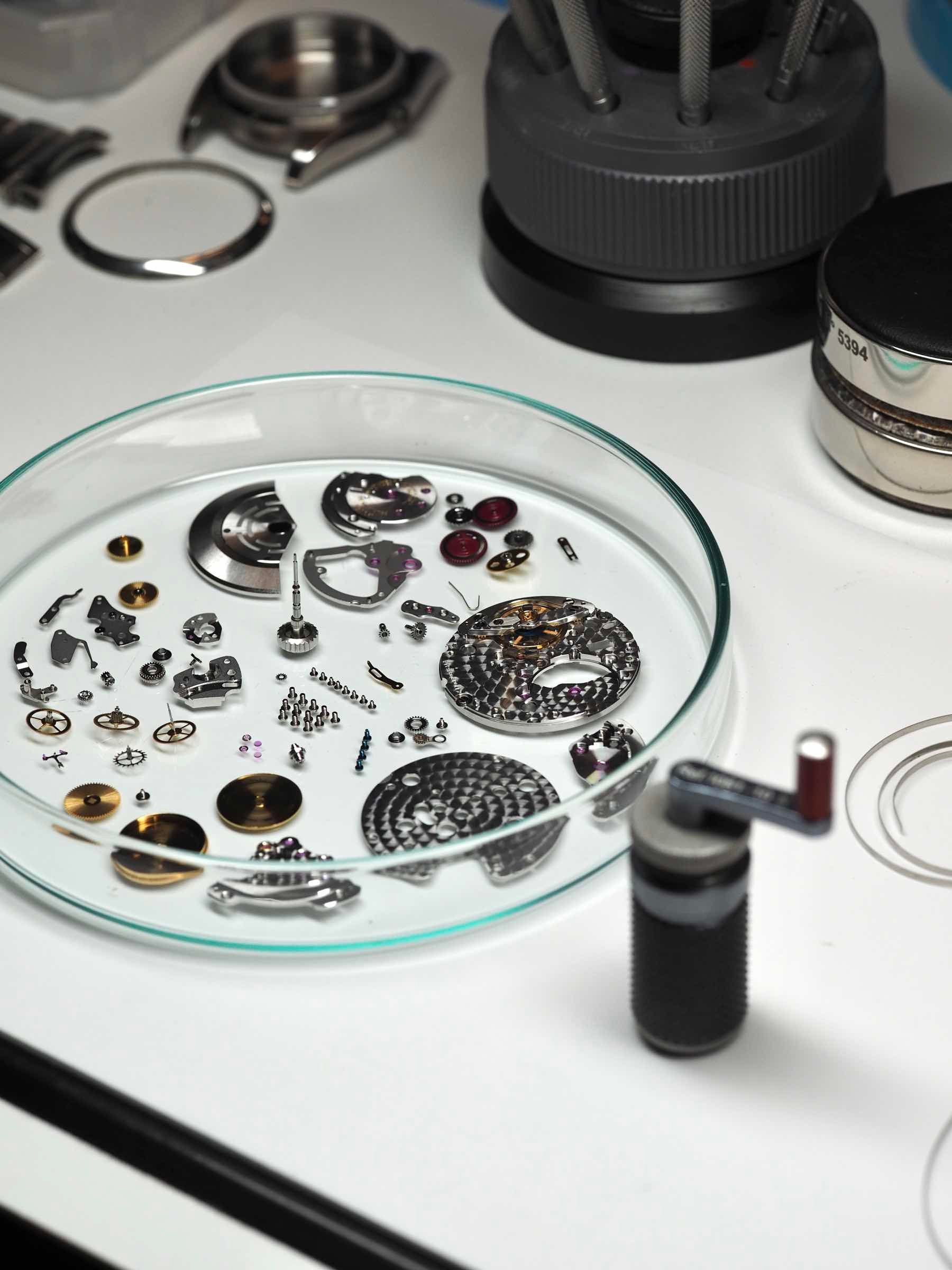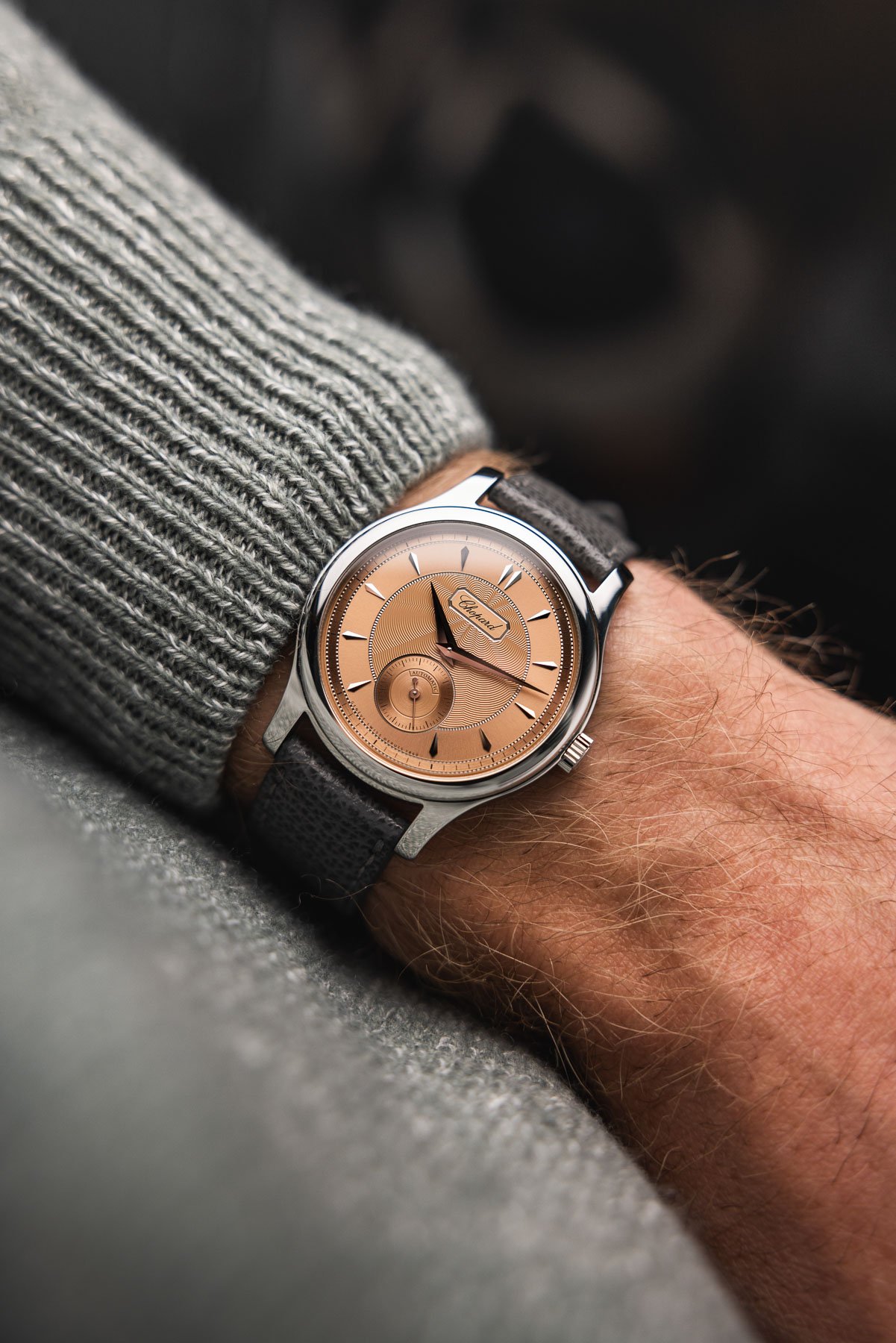So, You’re Into Watches, But You Aren’t A Wall Street Banker? — How To Thrive In A Money-Driven Hobby
Watches can get expensive — seriously expensive. There are no two ways about it. Luxury watch brands naturally aim their efforts at an affluent clientele. I have noticed, however, that most watch aficionados I meet have pretty regular jobs. And with pretty regular jobs come pretty regular incomes. So, if you are into watches but not on a Wall Street banker’s income, are you treading on thin ice? Are you playing a rich person’s game? Just asking for a friend, you know.
Not necessarily. But there are some pitfalls to be wary of. In this article, I want to explore some ideas that you can apply to ensure this largely money-driven hobby doesn’t become a liability.
There is no “right” way to be into watches
Social media, watch magazines, watch books, and websites such as this all affect how watches are perceived. They can be great, offering knowledge, inspiration, and a place to come together with like-minded people. However, there are some risks involved too. If I scroll through my Insta feed, I see watch after watch after watch. I see wrist checks, states of the collection, “what’s on my wrist” posts, and much more.
The thing is, it can be easy to get the idea that people are just buying watches left and right and that you are supposed to acquire a lot of watches — and very expensive ones to boot. You are bombarded with images of people flaunting boxes full of high-end stuff. Rest assured, this isn’t a realistic image and certainly not one to aspire to.
The truth is, there is no “right” way to be into watches. If, to you, being into watches means reading up on the history of tourbillon development while wearing your only watch, a Casio F-91W, that’s great. You don’t have to accumulate any number of watches, and you don’t have to “graduate” to certain segments. A collector with twenty Pateks is by no means “better at being into watches” than an aficionado with one Seiko. I am sure you have come to this conclusion yourself, but sometimes we have to state the obvious.
Being into watches in a financially healthy manner
As a kid, I was always told that I should never buy anything I didn’t absolutely need on borrowed money. I still live by that creed. Granted, I have a mortgage and a business loan, so there is some hypocrisy in this statement. Generally, though, I would advise against having a hobby on someone else’s money. That includes buying watches in monthly payments. I won’t tell you how to live, but I believe it is safe to say that no watch is worth being in debt over. Remember, these are just shiny little objects that we enjoy, nothing worth compromising your freedom for.
I am fine not following the Joneses. I only ever buy a watch when I have a little money to spare and it doesn’t get in the way of anything more important. Also (and this is somehow controversial in our world), I take resale value into account. Even if I can miss the money, it doesn’t mean that I should. I have owned enough watches to know that I can fall out of love as quickly as I fell in love. If I can offload a watch relatively quickly without losing a ton, that’s worth something to me.
This is also why I don’t tend to buy new watches, especially now that prices have been going up so much. This is a luxury that I don’t typically allow myself on my very average Dutch income. Granted, I don’t buy watches as investments, and I don’t mind if they lose some value. After all, a hobby is allowed to cost some money in my book. Nevertheless, since these are objects of high value in relation to my income, I do take some precautions.
Other financial aspects to take into account
Something that I often see people underestimate is the cost of ownership of watches. For starters, there is the regular servicing that mechanical watches require. For each watch, this can set you back several hundreds of euros/dollars every five to seven years. So, while a box of ten high-end watches may look cool, that’s easily €5K of regular maintenance costs every five years. That’s a hobby that costs €1,000 per year, even if you don’t buy anything more.
Add to this the risk of loss, theft, and damage, and you quickly realize that a watch can be a liability. That’s perfectly fine if you can afford it, but it is something to take into account before jumping in and buying one watch after another. Do you want to get additional insurance? If so, what does it add to the cost of ownership?
I set aside a little bit of money every month that goes to a separate partition of my savings account. This way, I will have the required money ready when the time for a service comes, and it won’t hurt as much. This forces me to consider my collection. If I want to add another watch, I will take an average estimated service cost of €500 and divide it by 60 (the number of months in five years). I ask myself: am I willing to add another €8.33 monthly to my watch-servicing fund? If so, I automate that transfer. Admittedly, this may seem a bit geeky or overly cautious, but it gives me peace of mind. It also forces me to be real with myself about the true costs of a watch. Your mileage, of course, may vary.
Being into watches your way
All the above is highly personal. If it sounds patronizing, please know that I wrote it with the exact opposite intention, hoping that it would be liberating. Chasing ever more and more expensive watches is a guaranteed way of being unfulfilled forever. I am sometimes surprised about the jaded way in which “the watch world” speaks of yet another €20K watch. I am guilty of this myself, even though I cannot afford such watches. So I feel that I should look in the mirror and consider my role in normalizing such purchases. These aren’t normal, and they shouldn’t be.
That is what I like about Fratello, though. We each get to write about plastic digital watches as much as about platinum minute repeaters if we want. I hope that I can share my enthusiasm about both in an infectious way without being snobby or pretentious. And I hope our broad scope of subjects stimulates readers to be into watches in their unique ways and without feeling urged to keep up with the Joneses.
How do you make sure that this lovely hobby of ours remains financially responsible? I am eager to read your tips, so please do share them in the comments below!


